By Joy HG
“The children being adopted now are the offspring of our drunks, our derelicts, our damaged and our junkies… The result is a scandal, blighting the lives of thousands of well-meaning families”*
These are the words I read last year in a well-established newspaper that cut through me so deeply that it quite literally changed my course overnight. It’s a newspaper that I don’t want to name (although I have referenced it below) through fear of driving more traffic towards its irresponsible approach to journalism. But it is already the most widely read online newspaper in the world.
The article was talking about Foetal Alcohol Spectrum Disorder (FASD); a term that refers to a form of brain damage caused when a birth mother drinks alcohol while pregnant. The Peterborough Report (2015) estimated that 75% of children in the care system have a birth history including alcohol which puts them at direct risk of being affected by this condition and this has huge repercussions for us as adopters, especially if we don’t know the facts. So, let’s take a little look at them. The damage caused by FASD is permanent, irreversible, varied, far reaching and affects each child slightly differently. With the right family set-up, a stable environment and some well-directed support these children can thrive, but sadly this is often not the case. For many reasons a diagnosis is difficult and without it, the resources that are so fundamental to them being supported, particularly in school, are nearly impossible to access.
So, let’s take a little look at them. The damage caused by FASD is permanent, irreversible, varied, far reaching and affects each child slightly differently. With the right family set-up, a stable environment and some well-directed support these children can thrive, but sadly this is often not the case. For many reasons a diagnosis is difficult and without it, the resources that are so fundamental to them being supported, particularly in school, are nearly impossible to access.
The result is that many of these children under-achieve and become disengaged, especially once the structure of school starts to kick in. They present as disruptive or “naughty” and their disability remains unaddressed with devastating consequences. They develop a range of “secondary conditions” – essentially problems that are not a direct result of the initial diagnosis. To my mind, that means they are not inherent to the condition and if they are effectively addressed, they could be avoided or at least improved. They include things such as mental health problems, self-harming, substance abuse, truancy, and brushes with the law.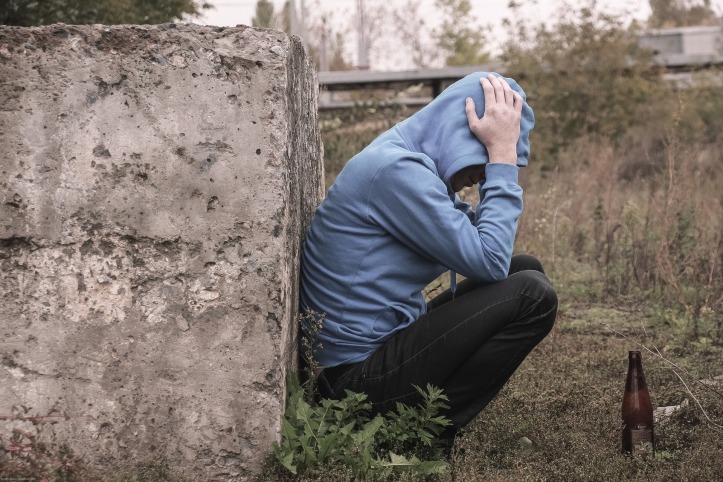 It is these secondary conditions that account for the fact that statistics currently record the average life expectancy of a child with FAS as just 34 years.** Sadly, the most common causes of death are suicide and poisoning from illegal drugs or alcohol. These are the reasons many adoptions break down and it is also the reason why many children with FASD will not find adoptive families in the first place – the challenges they face and bring into a family as they are growing up can easily overwhelm prospective adopters.
It is these secondary conditions that account for the fact that statistics currently record the average life expectancy of a child with FAS as just 34 years.** Sadly, the most common causes of death are suicide and poisoning from illegal drugs or alcohol. These are the reasons many adoptions break down and it is also the reason why many children with FASD will not find adoptive families in the first place – the challenges they face and bring into a family as they are growing up can easily overwhelm prospective adopters.
So the newspaper was right. Or was it?
I say no.
First of all, it is factually incorrect – these children are not necessarily the offspring of “drunks” and “derelicts”; some children have FASD because their birth mother didn’t realise she was pregnant – a much loved child accidentally damaged. It happens. True, the majority of children affected don’t fall into that category – they were removed from their parents at birth and the alcohol was deliberately consumed during the pregnancies. Despite this, we need to question how ethical it is to judge and condemn women who have suffered a life often involving such abuse and loneliness themselves that they didn’t cope with their pregnancies. Are they not also victims? That’s not to say that feelings of frustration and pain when faced with children suffering because of another person’s choice aren’t valid, but how could anyone possibly understand the situation that some of these women find themselves in? Do we want our children to be the offspring of someone written-off, ridiculed and scorned by society?
Secondly, and while this is a personal point, I don’t stand alone…. there has not been a single second where we feel our life has been blighted by adopting children with FASD. Not even close. In fact, it’s the complete opposite – they enrich our lives and our family is far more than it ever could have been had we chosen to have another birth child instead of adopting.
With this in mind, I am keen to see more adopters considering being matched to children with FASD and to see them enjoying family life in all its messed-up, beautiful glory.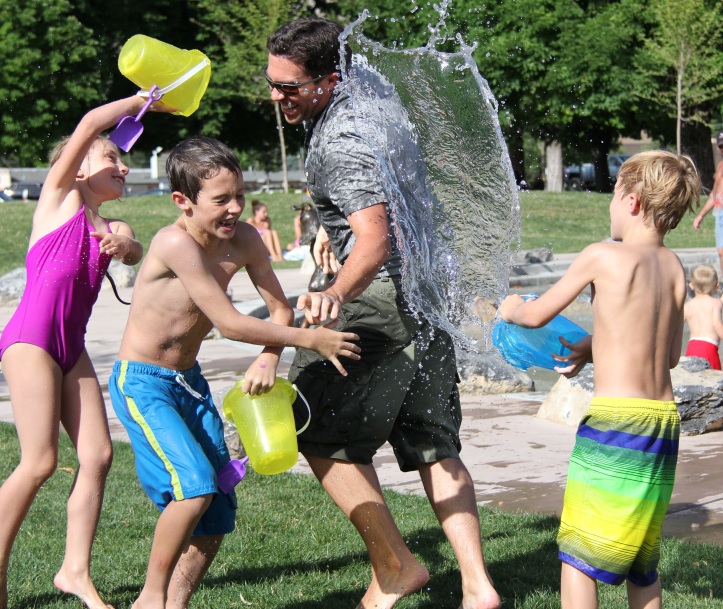 If you are considering adopting or fostering a child with FASD or have already made that leap, here are six of the many ways we have found to make it work for us…
If you are considering adopting or fostering a child with FASD or have already made that leap, here are six of the many ways we have found to make it work for us…
Reframe it
Listening to horror stories and getting caught up in the challenges isn’t going to make you feel very happy. “Parenting” and “family” are going to look a little different for you than it does for your friends and that’s ok. Think along the lines of swapping the idea of dancing in daisy fields for zip-wiring above them – we’re all doing the same thing and have the same destination but we do it slightly differently. We’re going to be taking the zip-wire and we’re going to need to hang on tight, swallow down our fear and get ready to have a lot of fun! FASD is not the end of the world, it’s just different. It becomes difficult when you try to be “normal”. Embrace the difference and suddenly things become less stressed and more enjoyable. I promise you will still go to the park, feed ducks, bake, snuggle and hold hands just like everyone else. You will still be a family.
FASD is not the end of the world, it’s just different. It becomes difficult when you try to be “normal”. Embrace the difference and suddenly things become less stressed and more enjoyable. I promise you will still go to the park, feed ducks, bake, snuggle and hold hands just like everyone else. You will still be a family.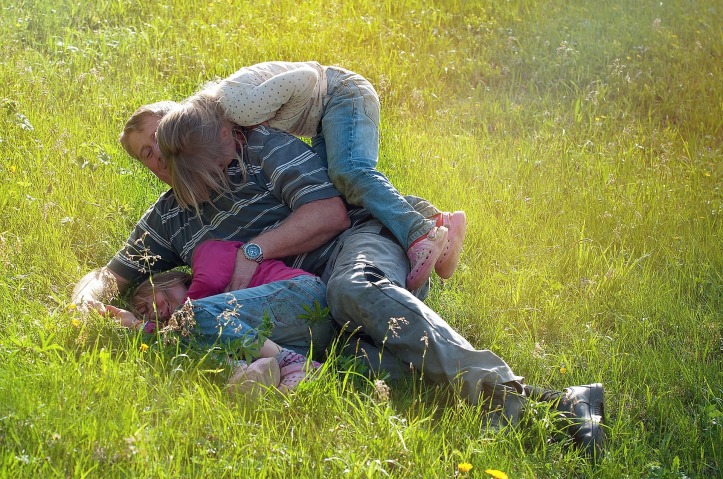
Be proactive
The things I have found myself doing really surprise me! I was quite a timid and appeasable child so the way I am able to stand up and advocate for my girls in any situation is not something I would have ever seen myself doing or possibly even chosen to do up front. However, I actually quite enjoy it now. I’m driven by how much I love them, I stand my ground because I know that I know their needs better than any professional ever could and I enjoy it because I always win!! The secret to “winning” is to understand that the strongest will wins! Not the smartest, not the highest paid, not the most educated – the strongest will. Deciding what your child needs and being single-minded about going after it is empowering, and as scary as that can get at times, it beats feeling disempowered, overwhelmed and beaten down.
Get curious
Find out what works for other people and find out what doesn’t. Read, explore ideas and try new things. Treat it like a game; a challenge to rise to. Remember you are writing your family’s story. You could even actually write it – it’s reasonably therapeutic and a good way to see how far you’ve come when the fog gets thick. But either way, you will want to be able to look back and talk with a sense of adventure and fun that acknowledges the difficulties (and probably copious failings!) but shows that the love and commitment was the glue that held you together – everything else is just a puzzle to solve.
Be consistent
We have found routines work. We stick to our guns when everyone else is having fun, when friends look at us as if we’re “too rigid” or “no fun” and when there is a better offer. People see our children and they love them. They think they know them, but they don’t. They see the results of us being consistent. It’s so effective that nobody really knows what it’s like behind closed doors when we have relaxed the bedtimes or turned a blind eye to behaviours. Only we know the effect a full blown melt-down can have, not only on our child, but on our relationship with them, the other children and on the vibe in the family. So, when you find what works, stick with it. Peer pressure is a real thing for parents too. You need to know this!
Look for the gift
While children with FASD may well struggle with formal education, all is definitely not lost. They always have strengths and talents in other areas and it’s our job to go hunting for them! They are often creative and not only enjoy, but are often remarkably good, at things like music, languages and the arts to name a few. They can be extremely loving and funny, they are often very energetic and curious, and they have many qualities that make them the most endearing little humans on the planet. These strengths can be used as a foundation to build self-esteem and make life choices that will help them to succeed. We just have to be quite deliberate in our parenting.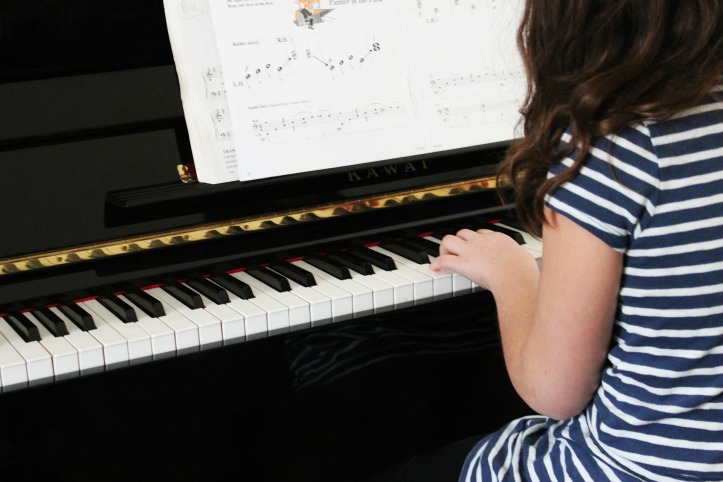
Enjoy
Decide to enjoy it. They are children and this is your family. They will bring you every single ounce of happiness that any child brings to their parents and there is plenty of support out there for the times when things are difficult. Let’s be honest, things get difficult for every parent. So, having a sense of humour and some perspective about the things that are less than ideal will probably help your sanity. My favourite measure is “did anybody die?” and in the spirit of embracing all that is parenting, I am considering a celebration to mark 10 years of nappies in August! Why not? At the time of writing this, I have two adopted girls who are eight years old and a birth son who is nine. It’s a busy, loud and boisterous home and they are all happy, healthy and thriving. We didn’t adopt because of fertility issues, we simply adopted the children we were fostering because we loved them and they completed us as a family.
At the time of writing this, I have two adopted girls who are eight years old and a birth son who is nine. It’s a busy, loud and boisterous home and they are all happy, healthy and thriving. We didn’t adopt because of fertility issues, we simply adopted the children we were fostering because we loved them and they completed us as a family.
We never lose sight of how lucky we are to have our family exactly as it is. While we are affected by this thing called FASD, we are also affected by adoption, different personalities, and the challenges of modern day living – on the whole it’s impossible to pull apart and dissect what causes what. We are more like every other “normal” family, than we are different. They are just our children. We couldn’t love them more and we couldn’t be prouder.
While I hate that they suffered abuse and live with the consequences, I wouldn’t change a single thing about them. They are perfect and in our house FASD stands for Fun, Adventure, Smiles and Devotion.
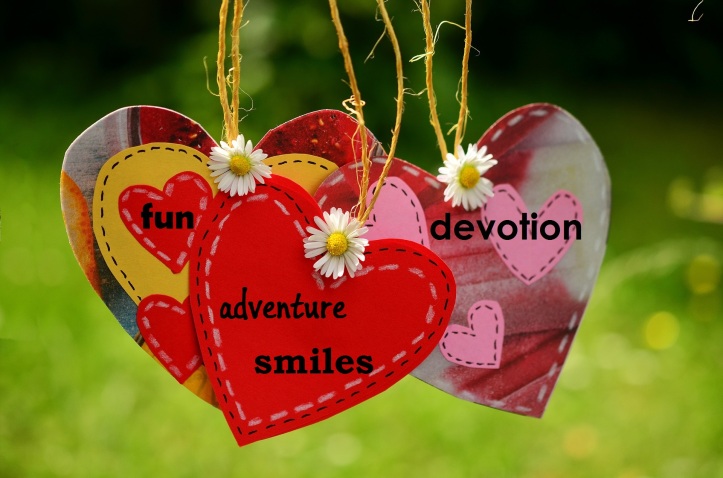
References
*The Mail Online – 27/12/16.
**Life expectancy study — https://www.ncbi.nlm.nih.gov/m/pubmed/26962962/
For further information or support:
House Of Little Miracles – A personal project, soon to be charity, providing free training into schools specifically about FASD to help improve outcomes for our children. If this can be of any help to you, please feel free to get in touch. You can find us here; https://houseoflittlemiracles.wordpress.com
Follow us on Facebook; @houseoflittlemiracles
NOFAS UK – actively working for change, raising awareness, providing training and support. http://www.nofas-uk.org/
FASD Trust – raising awareness, providing training and online support. https://www.fasdtrust.co.uk
Please note: All images in the above article are stock photos and are used purely for illustrative purposes. They do not depict the people or conditions mentioned in the article.
About the author
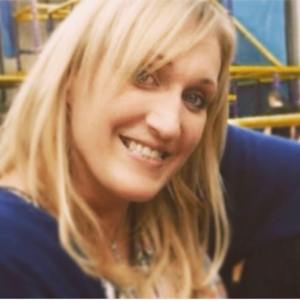 When Joy and her husband, Pete, began fostering in 2008, the intention was simply to offer a short-term family to a child while she was on maternity leave from her job as a teacher. They had no idea that a catalogue of “interesting” decisions would lead them to two beautiful little girls, just five months apart in age and both with FASD; a condition that they had never heard of before. Little did they know that these girls would not only become their daughters and complete their family, but change the course of their lives forever.
When Joy and her husband, Pete, began fostering in 2008, the intention was simply to offer a short-term family to a child while she was on maternity leave from her job as a teacher. They had no idea that a catalogue of “interesting” decisions would lead them to two beautiful little girls, just five months apart in age and both with FASD; a condition that they had never heard of before. Little did they know that these girls would not only become their daughters and complete their family, but change the course of their lives forever.
Life with a toddler and two babies all less than two years apart in age was full. But as time passed, and the girls began to show signs of global delay and collect long lists of complex developmental difficulties, Joy would stay up late into the night trawling the internet for information, trying to understand how their prenatal exposure to alcohol may have affected them and what could be done now to give them the best chances.
She was determined to make sure their issues were identified, picked up early by professionals and that they had all the support they needed to develop and give them the best chances of finding adopters. However adopters weren’t found and this five-piece family made themselves legally recognised in the courts in 2015.
Over the years, Joy found herself a fierce advocate for her children’s needs and as the effects of the support started to be seen their family became proudly referred to by social services as “the house of little miracles”.
More recently Joy has been sought out to work with adopters and to speak to young professionals about the effects of alcohol on the unborn child. She has worked closely with schools and professionals to support children with FASD. Her unshakable conviction that teachers play one of the key roles in the ability of these children to cope and achieve led to the birth of the House of Little Miracles in 2017; an outreach project dedicated to raising the profile of children with FASD in primary schools, offering tangible strategies and using her own children as case studies to bring these often overlooked and misunderstood children to the forefront of educator’s minds.
Excellent article and absolutely the right person to be delivering this message. Having both worked alongside the author, Joy, in a school environment and witnessed the blossoming of her wonderful family first-hand, I doubt you’d find a more suitably passionate champion of children and parents living with FASD. She knows what she’s talking about. 👍🏼
The ignorance and lack of empathy demonstrated by certain elements of the mainstream media with regards to this condition can have a devastating impact on families who already have enough to juggle. If ever there were a case for ‘choosing your words wisely’, this was it. The hornet nest has been well and truly prodded!
I fully support The House of Little Miracles and the HG family every step of the way.
LikeLike
What a brilliant article and I hope it does help people to understand more about FASD and the fostering and adoption process. It is great that Joy is now helping others to understand and that she is advocating so well for these children who did not ask to be conceived or born !!! You deserve a medal !!
LikeLike
Brilliant article…well done Joy. Your fantastic and a pleasure to know you, Pete and the children xx
LikeLike